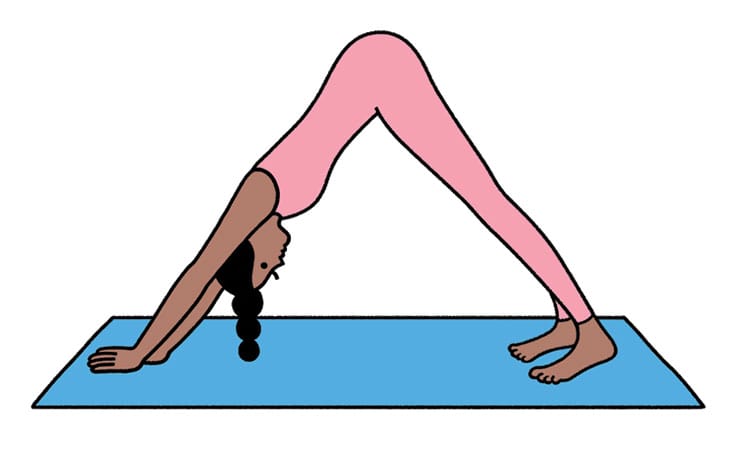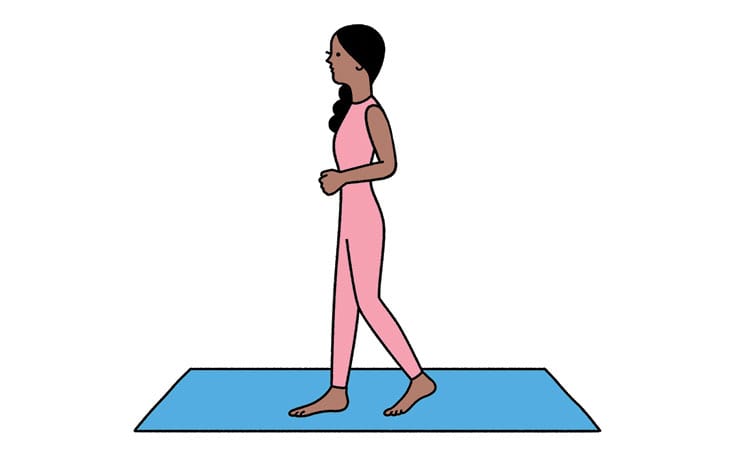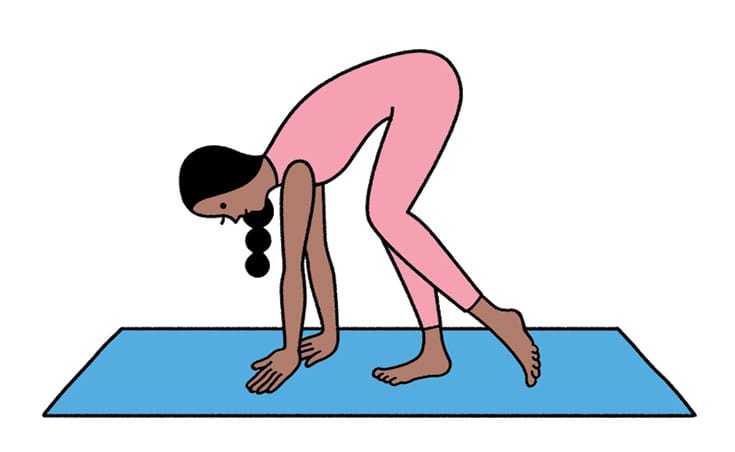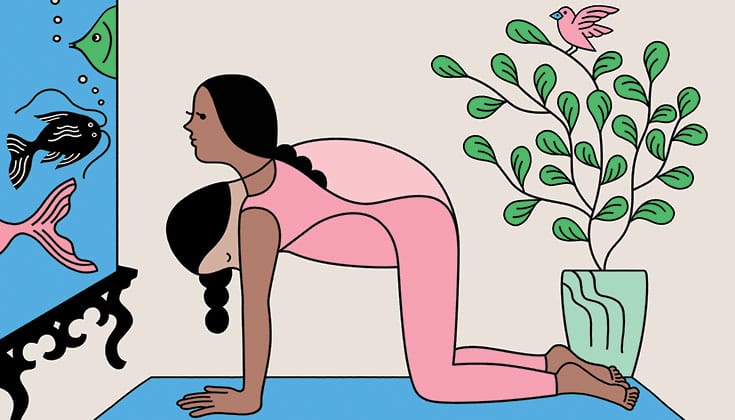Today I took a long walk through the high desert woods of the Cerro Gordo Mountains. I’ve never taken this walk before, so I stepped cautiously around gnarly tree roots, keeping my attention bright in the hopes of avoiding a twisted ankle or stepping on the baby snakes sunning on the trail. Walking like a model, one foot in front of the other, I crossed a narrow plank over the mountain creek and hopped onto a dusty path that eventually dumped me out on Canyon Road in Santa Fe, New Mexico.
For the last nine days I’ve been on retreat at Upaya Zen Center, which backs up to this trail. There is a meditative quality of presence that informs all aspects of retreat, whether we are sitting, standing, washing dishes, or gardening, and I consciously tapped into that quality on my walk.
Meditation is often called a “gathering together.” Mind and body aren’t really separate. Whether you are talking, writing, planning, or worrying, you are still in your body. And when you are biking, sleeping, or walking the dog, your thoughts still come and go.
I admit that my daily walks aren’t usually this mindful. In fact, I’ve noticed that I often don’t pay much attention at all to the experience of walking. I mostly pay attention to my phone, continually checking my fitness app to find out how close I am to my goal of 10,000 steps a day.
Traditional seated mindfulness meditation instructions are to notice when the mind has strayed and return it to the breath. In mindful movement, each time you notice you’ve been engrossed in thought, you can return your attention to the feeling of your feet on the floor, the sweat on your skin, the sound of your breath, or the muscular effort required for a longer yoga hold—any sensation that is alive for you right then.
Clearing the mind via the vibrancy of the body’s sensations, and moving with a quality of presence instead of watching the clock, or your walking app, give you a sense of integration and embodiment. It’s a great way to get through the day, almost as if you were on retreat.
Try this sequence to practice embodied mindfulness:
Begin on hands and knees.

Rock back and forth, and side to side, until your weight feels balanced. Starting with your tailbone, begin to ripple through your spine until you have curled into Cow pose. Reverse this action, dropping your tailbone under and rounding up into a Cat arch. Repeat this six times. When your mind strays, bring it back by noticing where your back feels supple, tense, spacious, or unconscious.
From Cow pose, come into Downward Facing Dog.

Stay there for a few breaths, observing the feeling of your body in this shape, whether it is new or the zillionth time you’ve done it. Slowly walk your hands back to your feet. With each hand step, tune in to the feeling of your palms. What does the floor feel like? What is it like to have weight on your hands? You will end up in a standing forward bend with your knees bent. Round up through your spine, stacking each vertebrae until you are standing.
Slowly take six steps forward, placing your attention on the sensation of your feet.

Notice what happens to your balance when you move this slowly. Whatever you notice is fine and interesting. Standing upright, tuck your chin to your chest and slowly round back down to a standing forward bend. Notice at what moment you need to bend your knees. Can you relax your neck and let your head and shoulders dangle?
Bend your knees.
Place one hand on the floor, then the other. Take your time stepping backward until you arrive in Downward Facing Dog. How does this pose feel now? Gently lower your knees to the floor, returning to hands and knees. Repeat the sequence three times, noticing how it changes each time.

